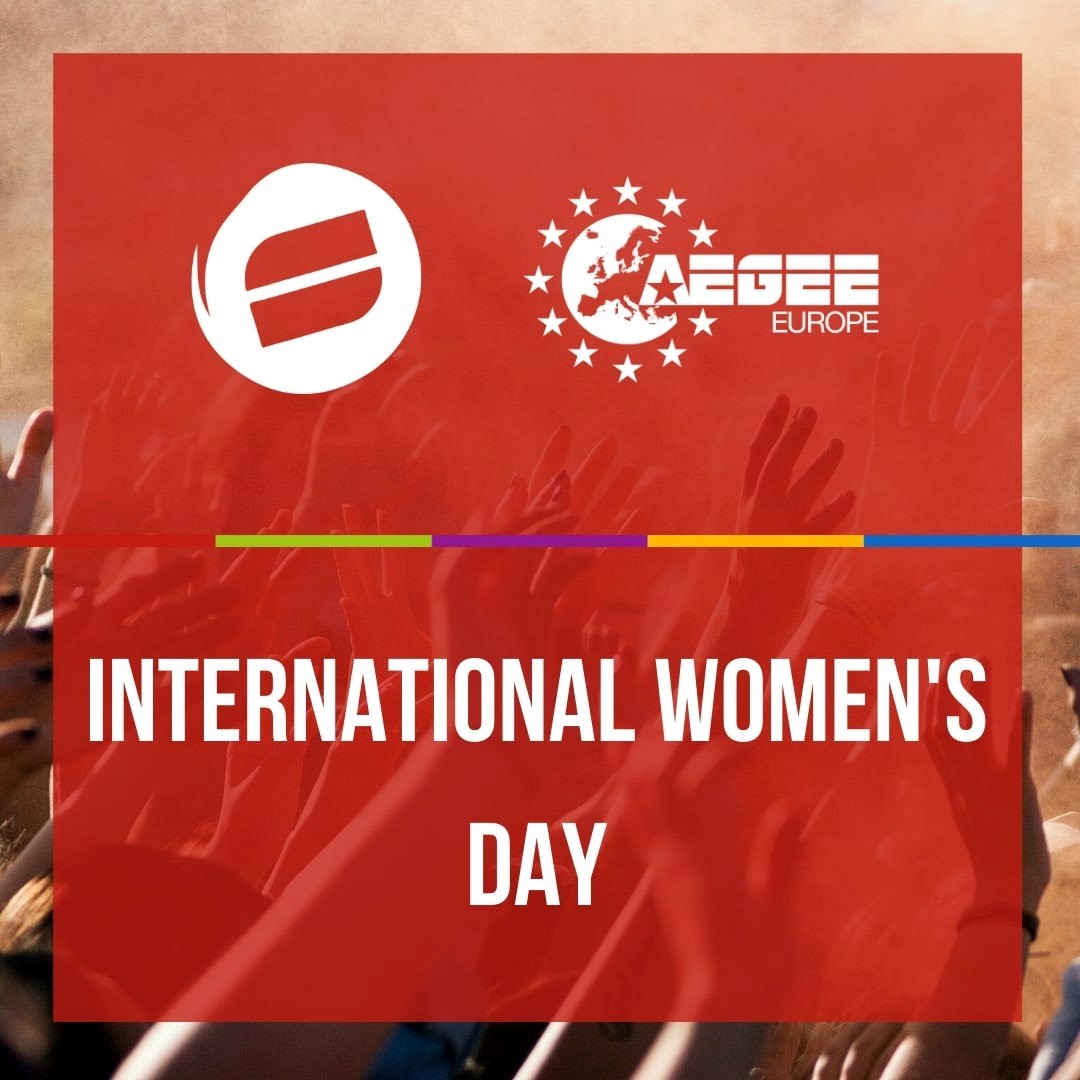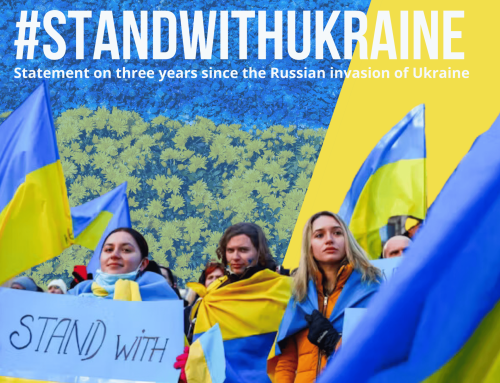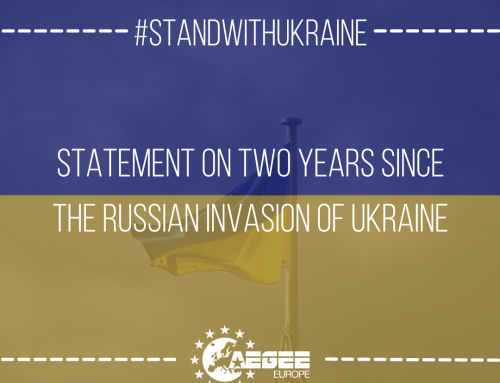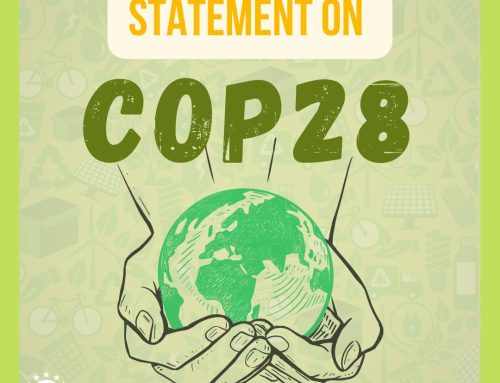The International Women’s Day has its origins in the struggle for equal political and economic rights for women, and has been celebrated since the beginning of the century. The simple fact that in 2020 we still demand the same rights as in 1908 gives reasons to reflect on the persistence of gender inequality. Nowadays, European women have voting rights and enjoy formal parity in front of the law. Equality between women and men is a value enshrined in most national constitutions, as well as in the Lisbon Treaty of the European Union. In 2019, Ursula von der Leyen was appointed as the President of the European Commission, Greta Thunberg inspired a global movement for climate action, Esther Duflo won the Nobel Prize in Economics, and Sanna Marin became the world’s youngest Prime Minister.
Nevertheless, the 2019 Gender Equality Index of EIGE (European Institute for Gender Equality) still showed that the EU has a long way to go to achieve gender equality, with an overall score of 67.4/100 points and an astonishing 32.4 points of difference between the highest (Sweden) and the lowest (Greece) ranking countries. Notably, the area where women are lagging behind the most is political and economic power (51.9/100 points on average). In the index, political power examines the representation of women and men in national parliaments, government and regional/local assemblies, while economic power is measured by the proportion of women and men on corporate boards of the largest nationally registered companies. This means that despite progress in the formal recognition of equal rights for men and women, stereotypes and bias are still preventing women from achieving equal positions in the political and economic domain. For this reason, questioning gender roles and gender norms which perpetuate inequality and subordination is central to achieving a fairer Europe.
Gender equality brings gains for everyone: the economic loss due to the existence of a gender employment gap in Europe amounted to more than €370 billion in 2013, corresponding to 2.8% of EU GDP; while domestic violence in the EU is estimated to cost 16 billion Euros per year. Coming to leadership, economists argue that having both men and women involved in decision-making broadens the perspectives, increases creativity and innovation, diversifies the pool of talents and competences, reduces conflicts, and improves the process of decision-making. Furthermore, challenging gender stereotypes does not only empower women to develop their full potential as human beings, but also liberates all other genders from harmful and restrictive norms. Gender equality benefits everyone and should therefore be championed by everyone.
What can you do about this?
- Call out sexist behaviors: do not accept everyday bias and stereotypes and support those who are victim of prejudices and unequal treatment. You can find more information on what exactly sexism is in the Stop Sexism campaign of the Council of Europe.
- Support women in achieving their goals by cherishing their value and by encouraging them since the younger age to take decisions and engage in social and political life. You can find more about this in this article about how to empower women.
- Support political parties and politicians who champion gender equality. Do you want to know more about the benefits of it? Check this analysis by the European Women’s Lobby.
- Educate yourself on the topic of gender equality, for example by reading one of these books.
- Check the GENDERS platform to make your youth organisation more gender-friendly
Additional sources:
- https://www.intereconomics.eu/contents/year/2017/number/1/article/gender-equality-in-decision-making-positions-the-efficiency-gains.html
- https://www.intereconomics.eu/contents/year/2017/number/1/article/the-gender-employment-gap-costs-and-policy-responses.html
- https://womenlobby.org/Towards-a-Europe-Free-from-All-Forms-of-Male-Violence-against-Women-December
- https://eige.europa.eu/gender-equality-index/






